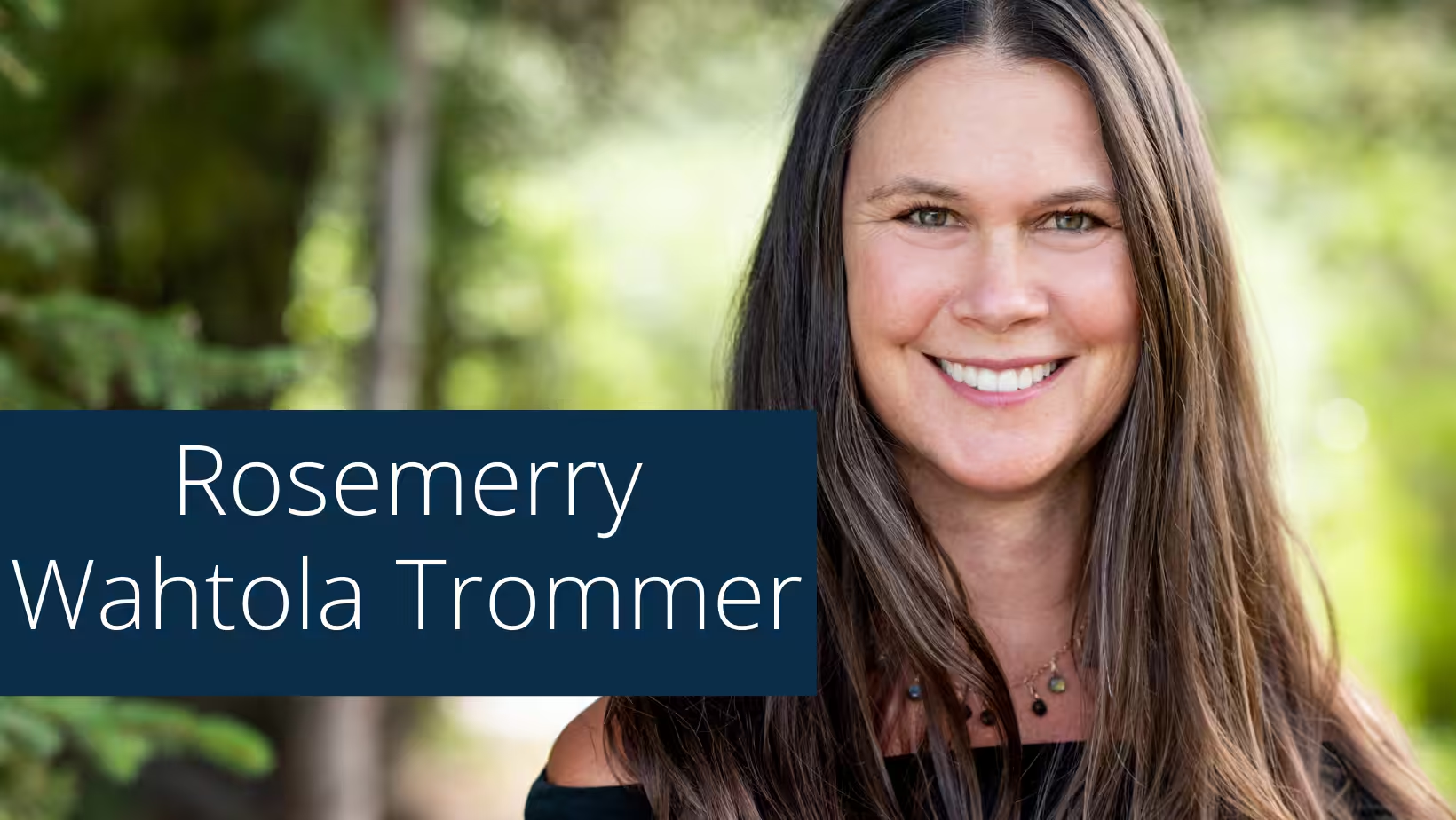Before my son Finn died, I already had a daily writing practice in place. The day he died was the first night I hadn’t written a poem in over thirteen years. And then I didn’t write at all for the first seven weeks after his death. I suppose on the surface then it would look as if it shut the writing down, but in fact, I believe that this break opened me up. I wanted to be (really more like had to be) open to the pure experience of the wide spectrum of feelings I was having—such devastation, so much love. I found myself meeting life in a porous way—a way beyond understanding or framing. I remember feeling as if my daily writing practice had prepared me to stay curious and attentive during that time, and I needed to simply feel. And then, when the day came when it rose up in me to write again, I remember being so grateful to be able to explore all the nuances of grief through language. Over a year later, I find that writing helps honor all the shades of loss—sorrow, gratefulness, horror, hope, suffering, connection, love, pain, communion. Writing helps me feel more connected to my son through memory, and it helps me explore this new ethereal relationship with him. For the first many months of writing, I could only write about loss (and the love that saturates it)—all writing was through this lens. It almost felt like a betrayal at first to write about anything else. Now I am more at home with the paradox of being full of great grief and great gratitude at the same time—and the poems certainly reflect that. That was the long answer. The short answer: I feel as if meeting Finn’s death has made me a more compassionate, spacious human, and I imagine this comes through in the writing.
There have been several poems that saved me during this time, most importantly this partial poem from Gregory Orr: “Not to make loss beautiful, but to make loss the place where beauty starts. Where the heart understands for the first time the nature of its journey.” The moment I read these lines, I felt so known, so companioned, so guided, so seen, so met. I knew that someone else truly understood what I was going through. This is, of course, one of the great gifts of poetry—it is a language of connection. But it is also, I believe, a language of paradox, mystery, a willingness to engage with uncertainty, to “live into the questions,” as Rainer Maria Rilke said. And that is what meeting the death of a beloved has asked me to do again and again. Poetry doesn’t solve or fix anything, but it does offer open arms to cradle us as we grieve.
About Rosemerry Wahtola Trommer
Rosemerry lives with her husband and daughter in Placerville, Colorado, on the banks of the wild and undammed San Miguel River. Devoted to helping others explore their creative potential, Rosemerry is the co-host of Emerging Form, a podcast on the creative process. She also directed the Telluride Writers Guild for ten years. She has 12 collections of poetry, and her work has appeared in O Magazine, A Prairie Home Companion, PBS NewsHour, American Life in Poetry, on fences, in back alleys, on Carnegie Hall Stage, and on hundreds of river rocks she leaves around town. Beneath All Appearances is a new, collective work of collages and poems by bereaved mothers Rashani Réa, Damascena Tanis, and Trommer; it has been called “a pole star for those who grieve.” This month, Samara Press will release her next collection, All the Honey. She’s won the Fischer Prize, Rattle’s Ekphrastic Challenge (thrice), the Dwell Press Solstice Prize, the Writer’s Studio Literary Contest (twice), and The Blackberry Peach Prize.
Resources:
Rosemerry Wahtola Trommer website
Emerging Form, a podcast on the creative process
Beneath All Appearances by Rosemerry Wahtola Trommer
All the Honey by Rosemerry Wahtola Trommer
Rosemerry Wahtola Trommer’s photo was taken by Joanie Schwarz
Read other acclaimed poets reflections on grief

